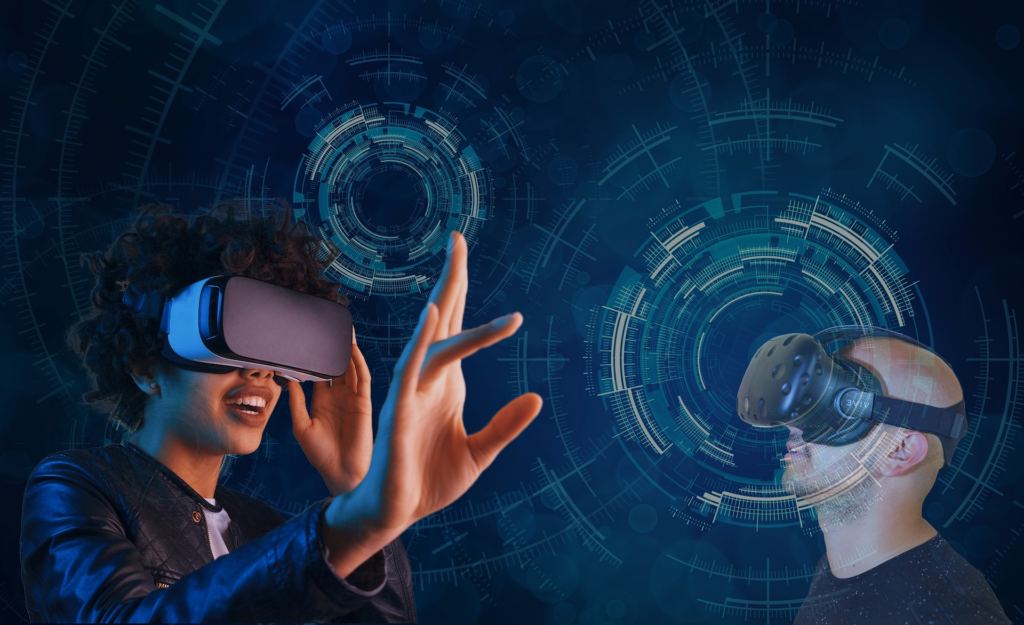Artificial Intelligence (AI) has emerged as a transformative force across various industries, and the realm of gaming is no exception. With advancements in machine learning, neural networks, and data processing capabilities, AI technologies are revolutionizing the way games are developed, played, and experienced. In this article, we delve into the vast potential of gaming AI and explore how this new technology can shape the future of gaming.
Enhanced Gameplay Experience
One of the primary ways gaming Artificial Intelligence (AI) is changing the landscape is by enhancing the gameplay experience for players. AI-powered game engines can adapt to player behavior in real-time, offering personalized challenges and dynamic difficulty adjustments. This ensures that players remain engaged and challenged throughout their gaming experience, regardless of their skill level. Additionally, AI-driven NPCs (non-player characters) can provide more realistic and immersive interactions, with behaviors that evolve based on player actions and decisions.
Procedural Content Generation
Gaming Artificial Intelligence (AI) is also revolutionizing content creation through procedural generation techniques. AI algorithms can generate vast and diverse game worlds, complete with terrain, environments, and assets, in a fraction of the time it would take for human developers to create manually. This not only speeds up the game development process but also allows for infinitely scalable and customizable experiences for players. Games like No Man’s Sky have leveraged procedural generation to create expansive, procedurally generated universes that offer endless exploration and discovery.
Player Behavior Analysis
AI technology enables developers to gain deeper insights into player behavior and preferences through data analysis. By leveraging machine learning algorithms, developers can analyze player actions, preferences, and engagement patterns to tailor gaming experiences to individual players. This data-driven approach allows for the creation of personalized content, targeted marketing strategies, and adaptive gameplay features that enhance player satisfaction and retention.
AI-Driven Narrative and Storytelling
Another area where gaming AI is making strides is in narrative and storytelling. AI algorithms can analyze vast amounts of data, including player choices, dialogue options, and narrative structures, to generate dynamic and branching storylines that respond to player input. This allows for more immersive and interactive storytelling experiences, where players feel like active participants in shaping the narrative outcome. Games like Detroit: Become Human and The Witcher 3: Wild Hunt have showcased the potential of AI-driven narrative systems to create compelling and emotionally resonant stories.
Future Possibilities
As Artificial Intelligence (AI) technology continues to evolve, the possibilities for its integration into gaming are virtually limitless. From AI-driven virtual assistants that provide real-time guidance and support to AI-generated voice acting and dialogue, the future of gaming is poised to be shaped by intelligent systems that enhance every aspect of the gaming experience. Whether it’s through personalized gameplay experiences, dynamically generated content, or immersive storytelling, gaming AI holds the potential to revolutionize the way we play and interact with games.

Conclusion
In conclusion, gaming Artificial Intelligence (AI) represents a paradigm shift in the gaming industry, offering new opportunities for innovation, creativity, and player engagement. By harnessing the power of AI technologies, developers can create more immersive, dynamic, and personalized gaming experiences that cater to the diverse preferences of players worldwide. As AI continues to advance, we can expect to see even more groundbreaking applications and transformative changes that redefine the future of gaming as we know it.